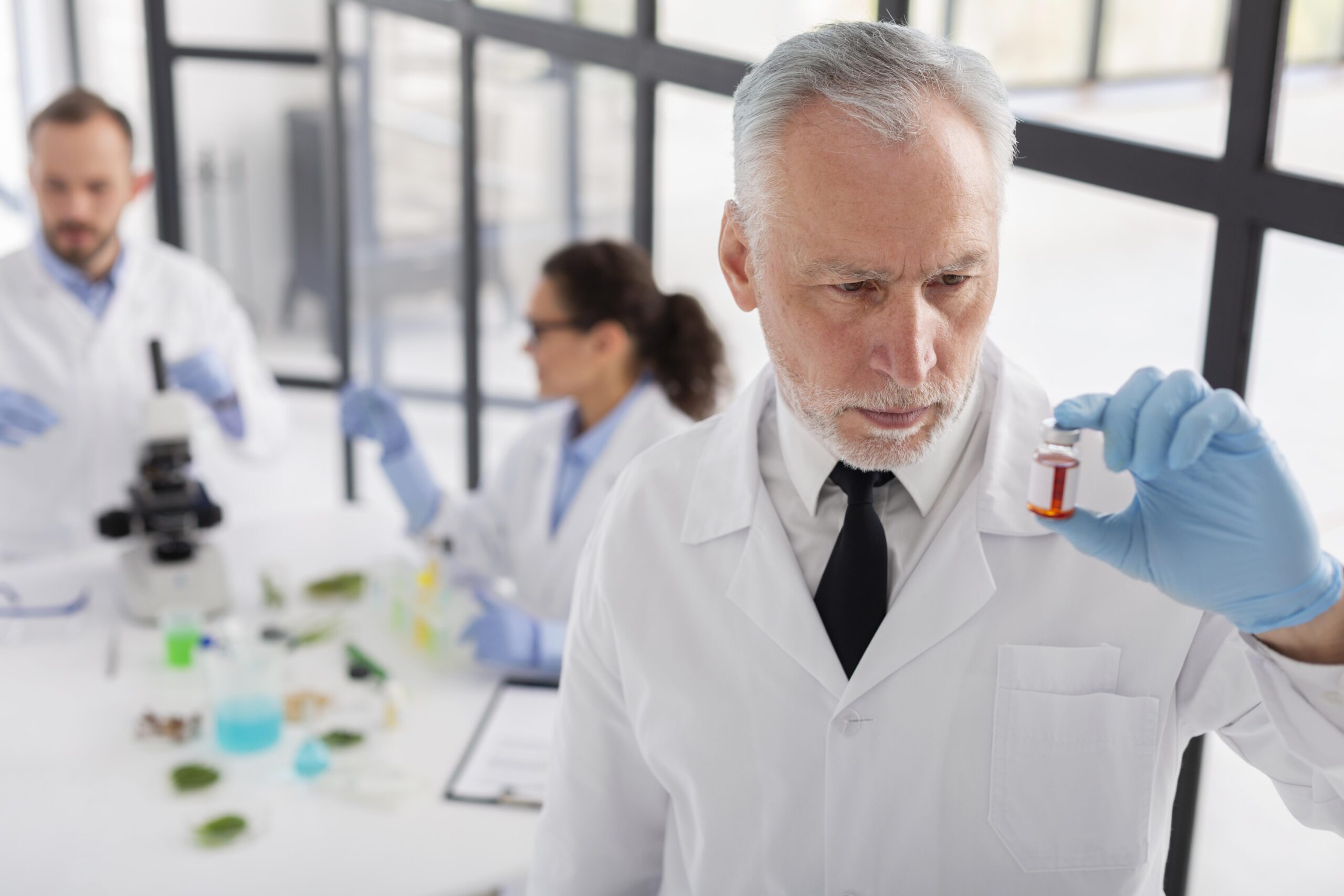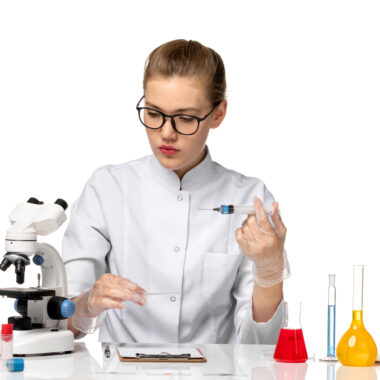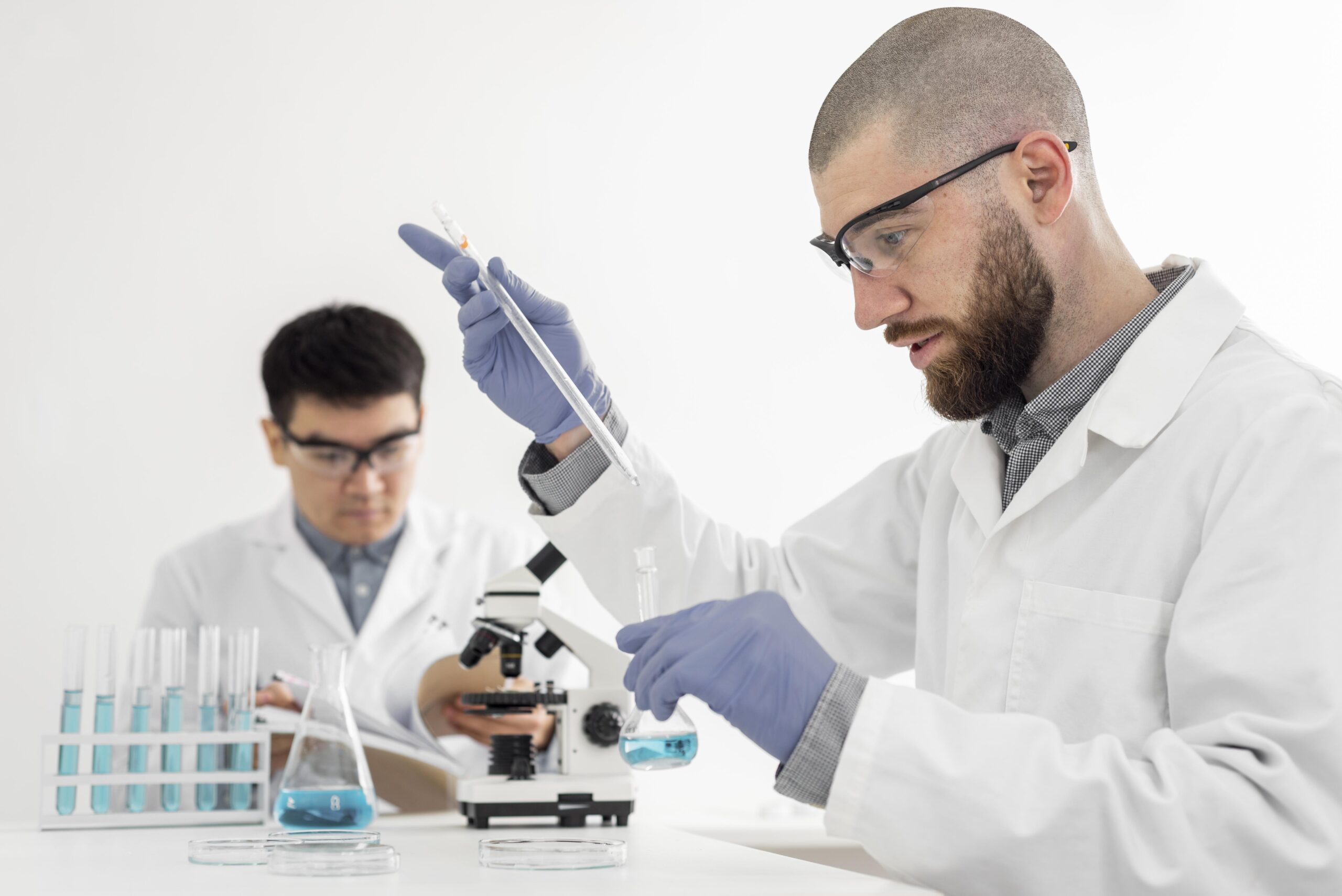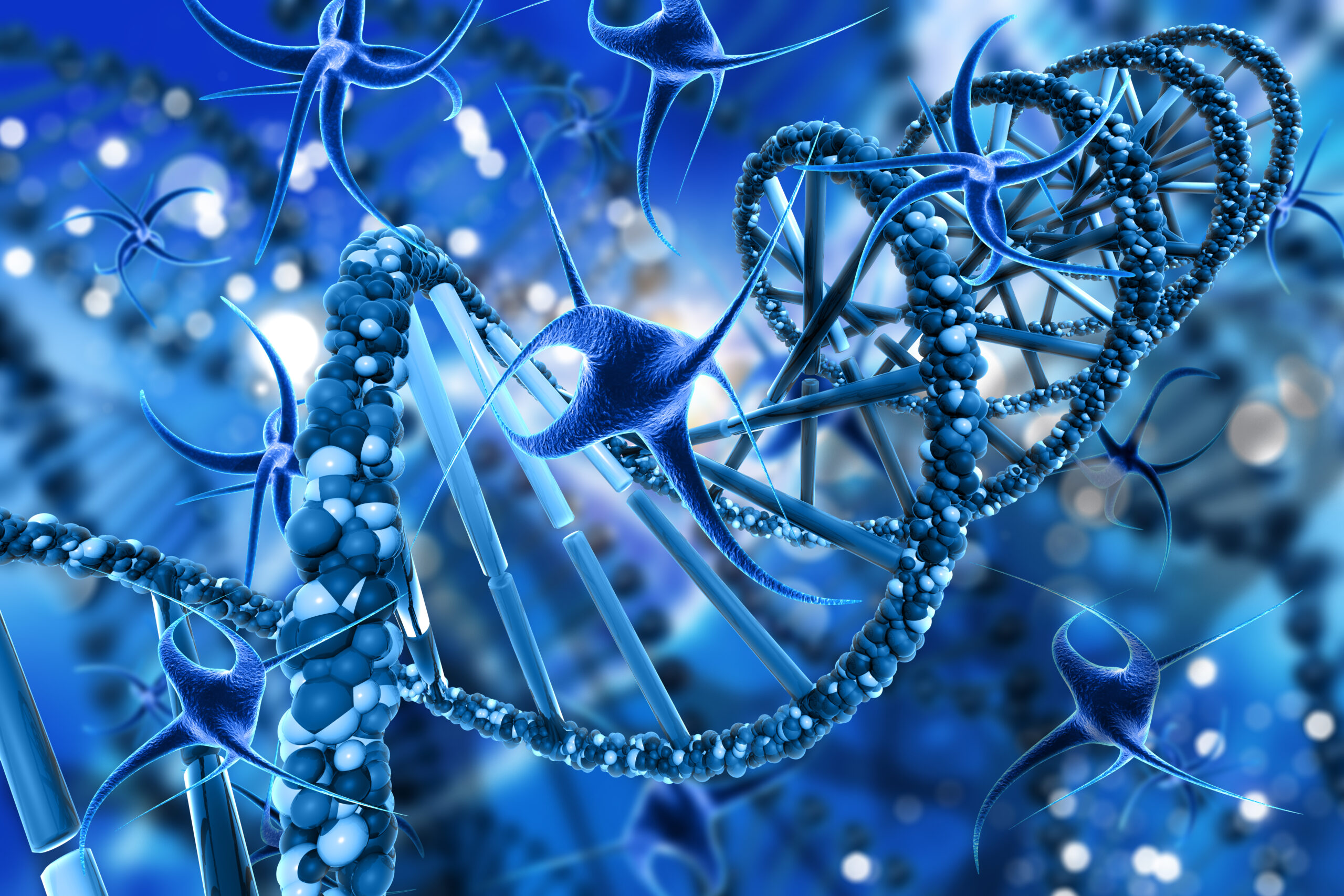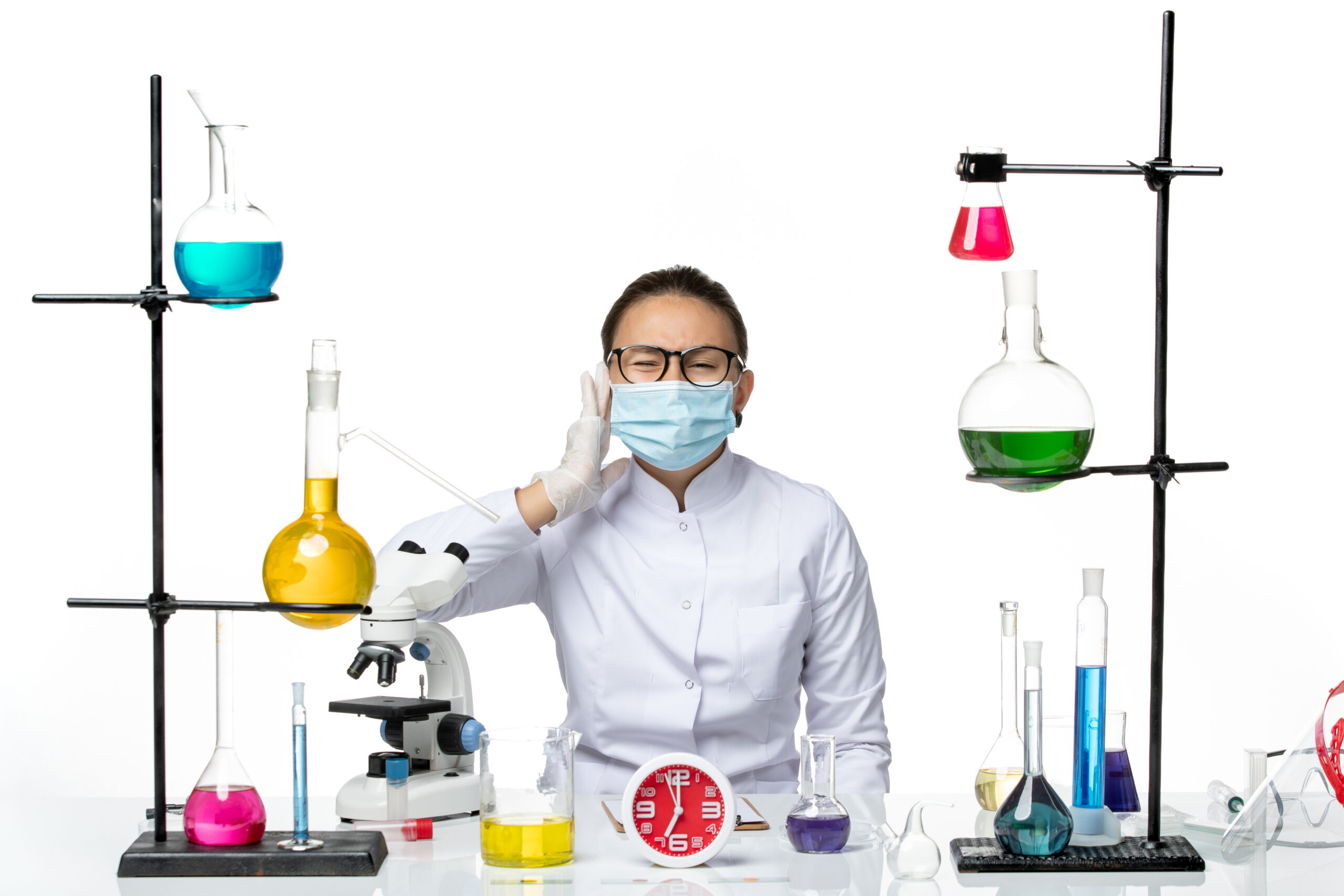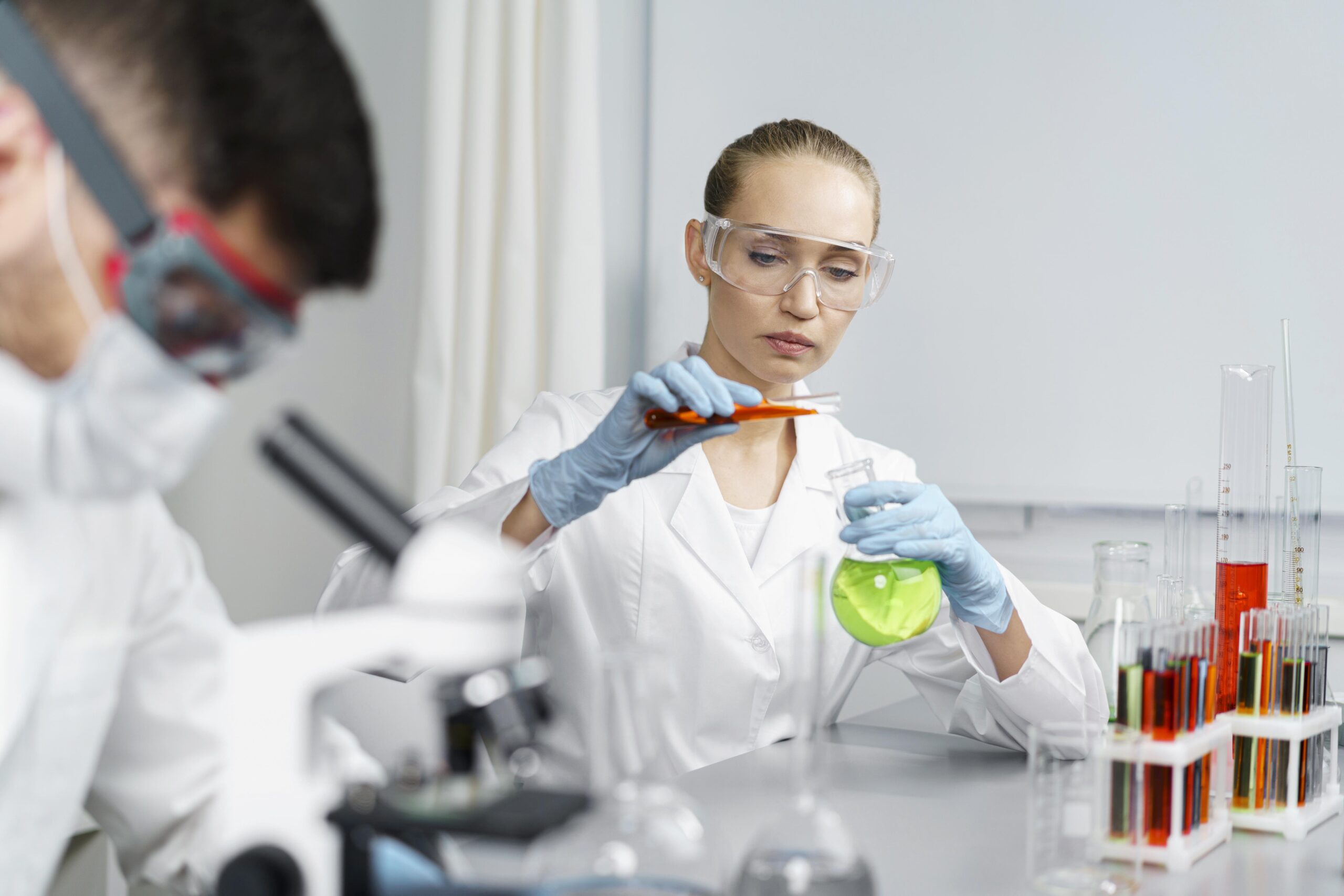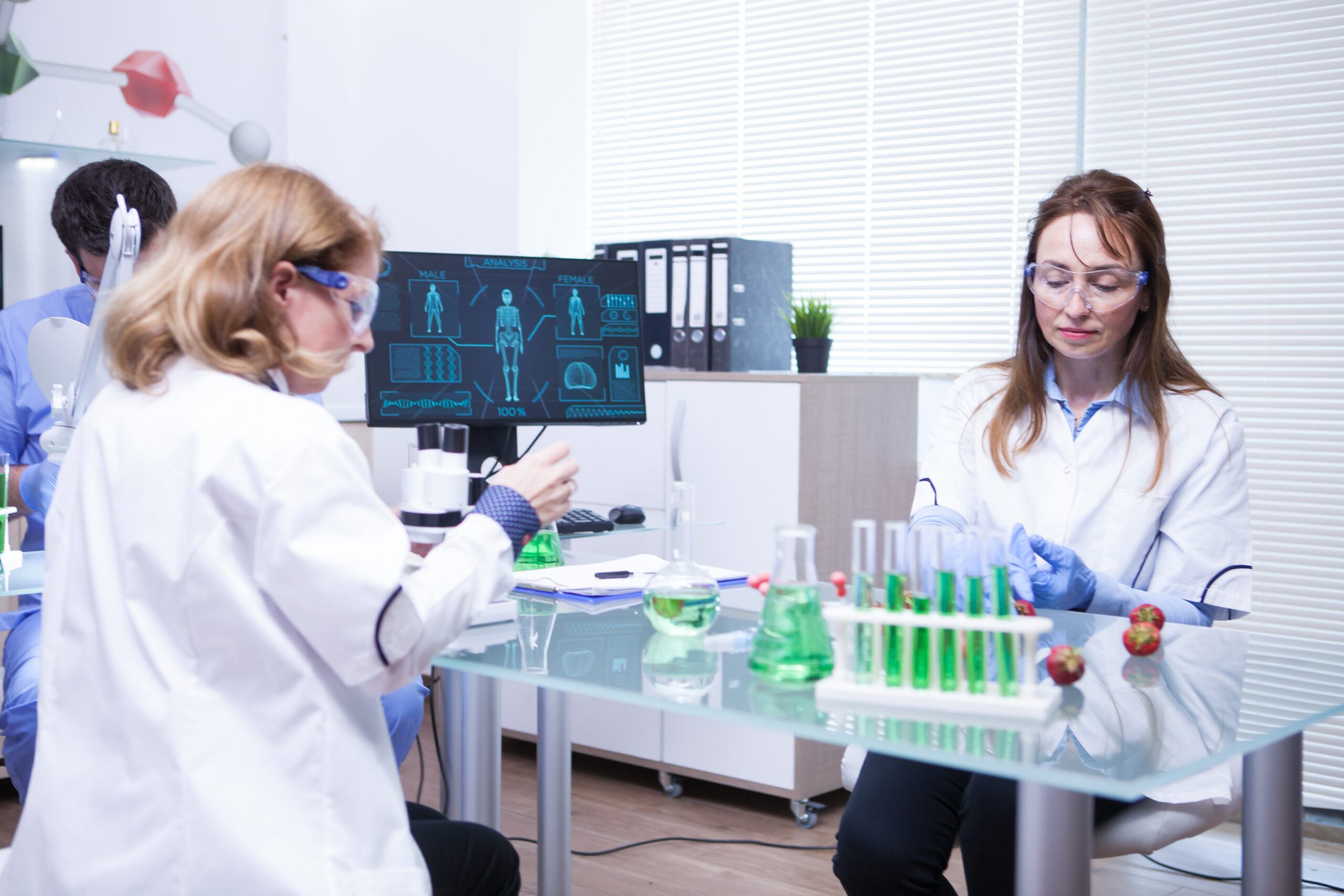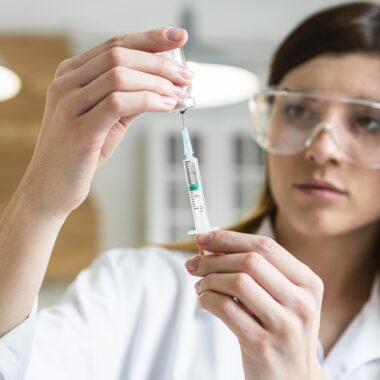Peptides for Anti-Aging Research: What Scientists Are Discovering
Peptides as Pioneers in Anti-Aging Research
Peptides for anti-aging research have become essential tools for scientists studying cellular regeneration, muscle repair, and tissue healing [1]. Moreover, peptides like GHK-Cu and Thymosin Beta-4 have shown promise in promoting skin rejuvenation, wound healing, and tissue resilience. Therefore, they are central to understanding how aging can be managed at a cellular level. This article delves into recent discoveries about these peptides and highlights their potential applications in anti-aging research.
The Role of Peptides in Anti-Aging Studies
Peptides, short chains of amino acids, are critical in regulating biological processes [2]. Their small size allows them to penetrate skin layers or interact precisely with cellular receptors. In addition, their ability to mimic natural molecules involved in cell signaling and tissue repair makes them ideal for anti-aging research. Consequently, peptides enable researchers to explore ways to support cellular health and mitigate signs of aging [3].
Key Peptides in Anti-Aging Research
Here are two peptides widely studied for their potential in anti-aging applications:
GHK-Cu (Copper Peptide)
GHK-Cu is a copper-binding peptide recognized for its role in skin regeneration and collagen synthesis [1]. Naturally found in the body, GHK-Cu supports the production of collagen and elastin, essential components for maintaining skin firmness and elasticity [4]. Specifically, researchers have identified its potential in:
- Skin repair: GHK-Cu stimulates skin repair and reduces signs of photoaging, which makes it a key focus in skin rejuvenation studies [1].
- Antioxidant activity: Acting as an antioxidant, it helps protect cells from free radical damage, a significant contributor to aging [5].
Thymosin Beta-4 (TB-500)
Thymosin Beta-4, or TB-500, is another peptide widely used in anti-aging and tissue healing research. Naturally occurring in the body, Thymosin Beta-4 supports cell migration and wound healing, making it invaluable for regenerative research [6]. Studies suggest TB-500 may contribute to:
- Muscle repair and regeneration: TB-500 enhances muscle repair, which is crucial for addressing age-related muscle degeneration [2].
- Tissue healing: Its promotion of angiogenesis (formation of new blood vessels) supports faster tissue recovery and resilience, making it central to regenerative medicine [6].
Research Focus: Skin Regeneration, Muscle Repair, and Tissue Healing
Peptides like GHK-Cu and Thymosin Beta-4 provide insights into biological pathways that contribute to skin regeneration, muscle repair, and tissue healing [1]. Researchers are exploring these processes in various ways:
Skin Regeneration
Research focuses on how GHK-Cu influences collagen production and cell renewal [4]. Introducing these peptides to skin cells in laboratory settings allows scientists to observe improvements in elasticity, texture, and resilience. As a result, potential anti-aging applications in dermatology are being uncovered [3].
Muscle Repair
Age-related muscle loss, or sarcopenia, has become a key area for peptide-based interventions [6]. Studies on Thymosin Beta-4 demonstrate its role in muscle cell recovery and inflammation reduction, offering valuable insights into slowing or managing muscle degeneration [2].
Tissue Healing
Peptides are showing promise in accelerating tissue repair, especially for wound healing [5]. GHK-Cu and Thymosin Beta-4 have both been used to examine angiogenesis and cell migration, crucial for tissue repair. Consequently, these studies contribute to understanding how peptides might support faster recovery from injuries [6].
Peptides as a Promising Pathway in Anti-Aging Research
The anti-aging potential of peptides like GHK-Cu and Thymosin Beta-4 is being explored extensively, offering exciting insights into skin rejuvenation, muscle repair, and tissue healing [1]. Furthermore, as research advances, these peptides could pave the way for innovative therapeutic strategies targeting aging at a cellular level. Ultimately, peptides are emerging as powerful tools in the quest to unlock the secrets of healthy aging [4].
References
- Pickart, L. “The human tri-peptide GHK and tissue remodeling.” Journal of Biomaterials Science, Polymer Edition, vol. 19, no. 8, 2008, pp. 969-988. https://doi.org/10.1163/156856208784909420
- Goldstein, A.L., and Hannappel, E. “Thymosin beta 4: A multi-functional regenerative peptide.” Basic and Clinical Pharmacology and Toxicology, vol. 110, no. 6, 2012, pp. 550-556. https://doi.org/10.1111/j.1742-7843.2012.00828.x
- Kwon, S., and Park, K. “Anti-aging peptides in skin care.” Journal of the European Academy of Dermatology and Venereology, vol. 35, no. 5, 2021, pp. 1051-1058. https://doi.org/10.1111/jdv.16535
- Malek, S.N.A. “The role of peptides in collagen synthesis.” Clinical, Cosmetic and Investigational Dermatology, vol. 14, 2021, pp. 1167-1175. https://doi.org/10.2147/CCID.S333810
- Proctor, J.E., et al. “GHK-Cu antioxidant activity and cell signaling.” Biochemistry, vol. 57, no. 14, 2018, pp. 2034-2045. https://doi.org/10.1021/acs.biochem.7b01256
- Smith, D.M., and Jones, R. “Thymosin beta-4 and tissue regeneration.” Frontiers in Medicine, vol. 5, 2018, pp. 124-136. https://doi.org/10.3389/fmed.2018.00124


